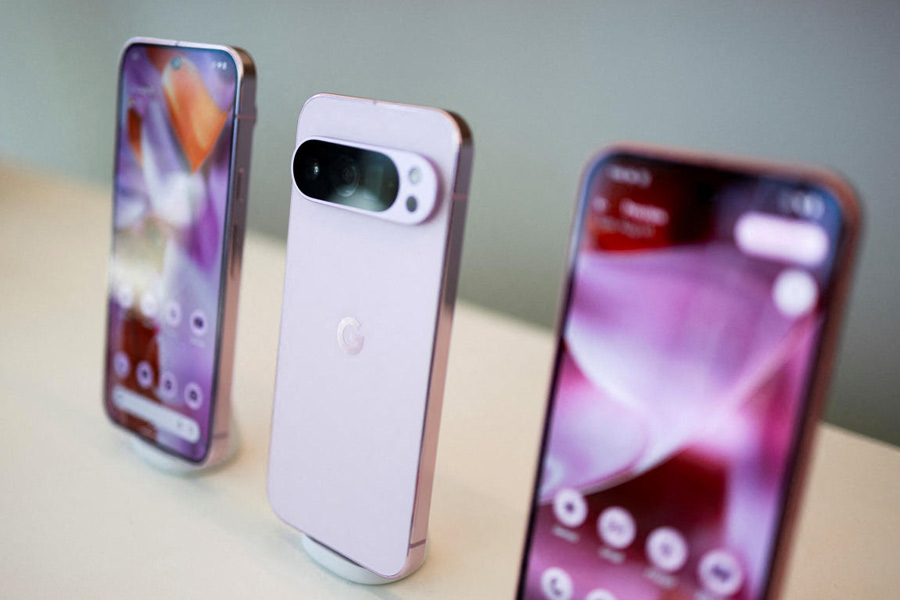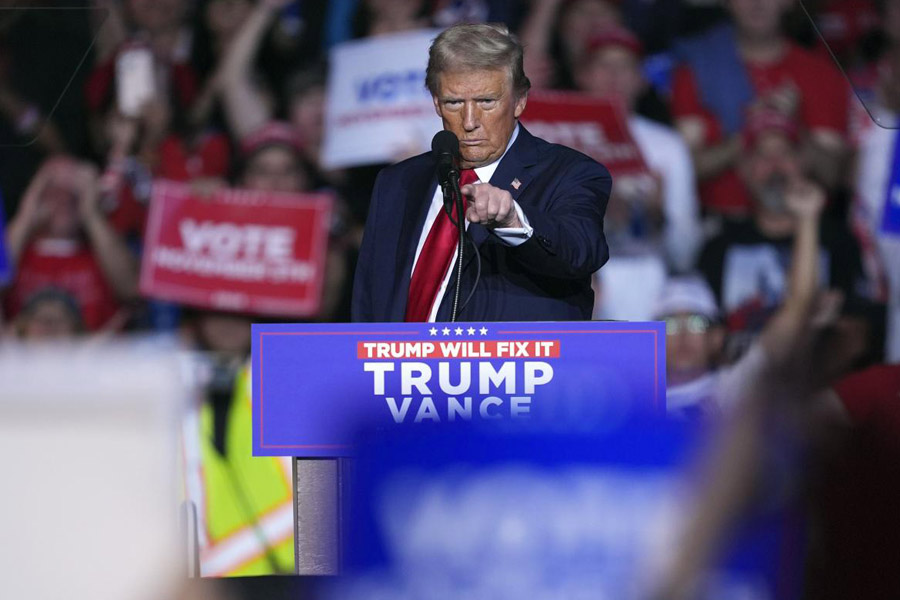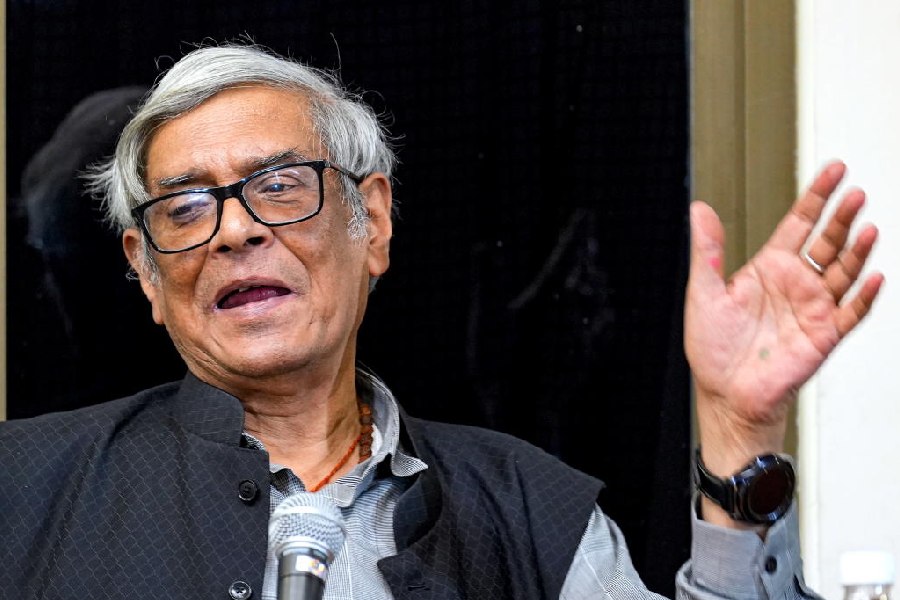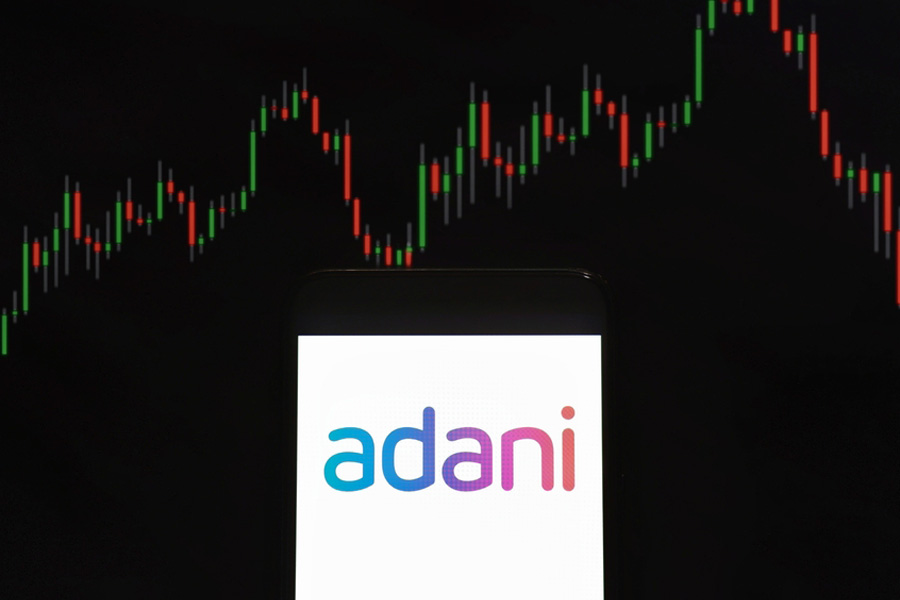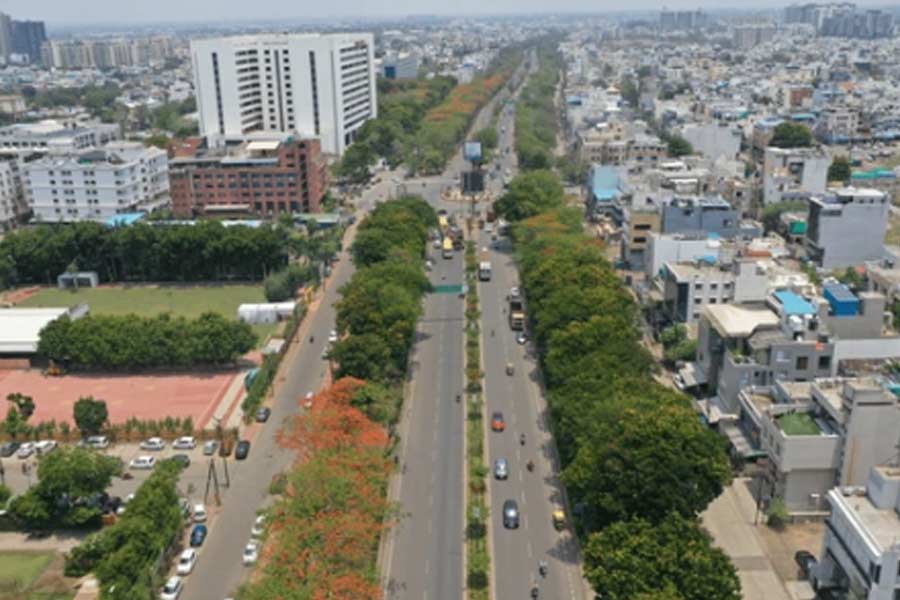Indonesia said it has banned sales of smartphones made by Alphabet's Google due to rules requiring the use of locally manufactured components, days after blocking sales of tech giant Apple's iPhone 16 for the same reason.
Indonesia blocked sales of Google Pixel phones because the company has not met the rules which necessitate certain smartphones sold domestically to contain at least 40% of parts manufactured locally.
"We are pushing these rules so that there's fairness for all investors in Indonesia," Febri Hendri Antoni Arief, industry ministry spokesperson, said on Thursday. "Google's products have not adhered to the scheme we set, so they can't be sold here."
Google said its Pixel phones were currently not officially distributed in Indonesia.
Febri said consumers can buy Google Pixel phones overseas, so long as they pay the necessary taxes, adding the country would consider deactivating the phones that are illicitly sold.
The block comes a week after Indonesia said it had blocked the sales of iPhone 16 domestically, also for not meeting local content rules.
Companies usually increase the use of domestic components to meet such rules through partnerships with local suppliers or by sourcing parts domestically.
Google and Apple are not among the top smartphone makers in Indonesia. The top two smartphone makers in the first quarter of 2024 were Chinese firm OPPO and South Korean firm Samsung , research firm IDC said in May.
Indonesia has a huge, tech-savvy population, making the Southeast Asian nation a key target market for tech-related investment.
Bhima Yudhistira, director of the Center of Economic and Law Studies think tank, said the move was "pseudo" protectionism that hurts consumers and impacts investor confidence.
"This creates a negative sentiment for investors looking to enter Indonesia," he said.

